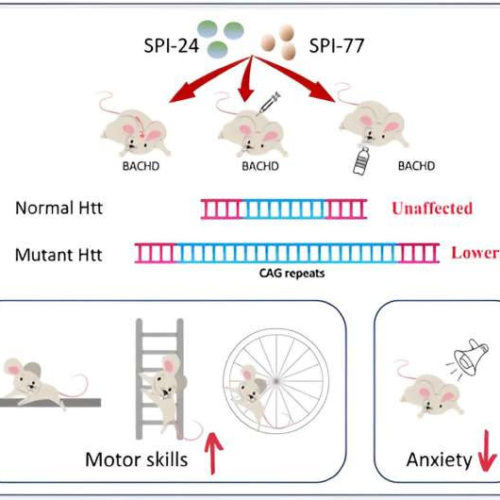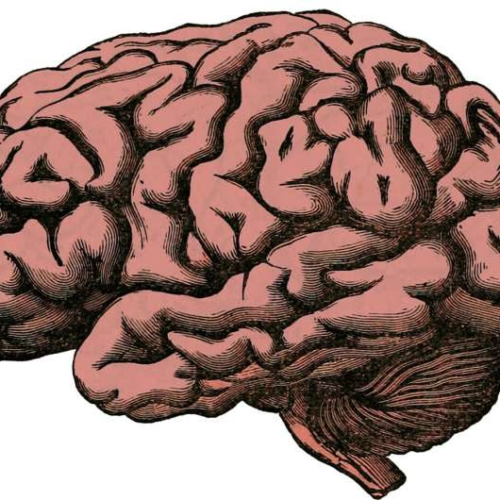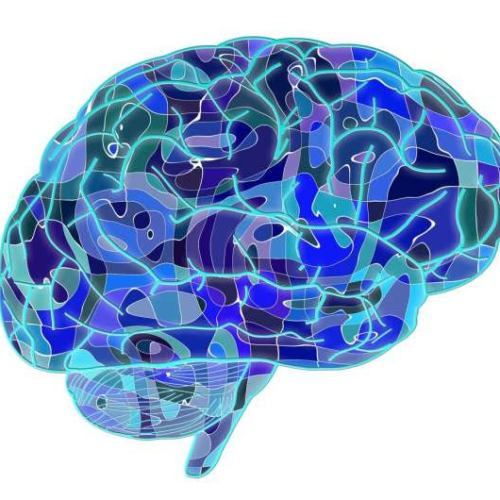by Weizmann Institute of Science Credit: EMBO Molecular Medicine (2024). DOI: 10.1038/s44321-023-00020-yWeizmann Institute scientists have discovered two small molecules that can cross the blood-brain barrier in mice, slowing and even reversing the effects of Huntington’s, which is incurable. The human brain is a well-guarded control center. Its system of blood vessels is surrounded by a densely...
Tag: <span>Huntingtons</span>
A step towards understanding early interventions for Huntington’s disease
by Children’s Hospital Boston Credit: Pixabay/CC0 Public DomainHuntington’s disease is the most common neurodegenerative disorder controlled by a single gene and is characterized by motor and cognitive deficits and psychiatric symptoms. Currently, no treatments can stop or reverse the disease, but new research from Boston Children’s Hospital suggests that there might be a way to protect...
Striking changes to metal levels discovered in brain tissue of patients with Huntington’s disease
by Mike Addelman, University of Manchester Credit: Pixabay/CC0 Public DomainScientists from The Universities of Manchester and Auckland have discovered widespread differences in metal levels in the brains of patients with Huntington’s disease, a type of dementia, compared to a control group with healthy tissue. In a study published in eBioMedicine, the elements, including selenium (a metalloid),...
Huntington’s spreads like ‘fire in the brain.’ Scientists say they’ve found the spark
June 19, 20235:01 AM ET In Huntington’s disease, proteins form toxic clumps that kill brain cells. Stowers Institute for Medical Research Diseases like Alzheimer’s, Parkinson’s, and Huntington’s are caused by toxic clumps of proteins that spread through the brain like a forest fire. Now scientists say they’ve figured out how the fire starts in at...
Caveolin binding motif in Na/K-ATPase required for stem cell differentiation in animals
HUNTINGTON, W.Va. – New findings reveal the importance of the Na/K-ATPase protein in stem cell differentiation and organogenesis, in a study led by scientists at Marshall University that involves the scaffolding function of the Na/K-ATPase. The research, published today in Science Advances, indicates that a sequence in the Na/K-ATPase, also known as the sodium pump,...
Speeding up genetic diagnosis of Huntington’s disease
Elongated segments of DNA cause Huntington’s disease and certain other disorders of the brain. Researchers funded by the SNSF have developed a method to determine the length of the mutated genes quickly and easily. Credit: Swiss National Science Foundation People with Huntington’s disease suffer from jerky body movements and decreasing mental abilities. The condition usually leads to death 15 to 20...
Huntington’s Disease: Researcher Discover A Way to Stop Progression of The Fatal Disease
Huntington’s disease is a neurodegenerative disorder, which mostly affects middle-aged people. It is a genetic disorder and affects muscle co-ordination which eventually progresses into dementia. Scientists have been unable to find a cure for the fatal brain disease. However, a new study has shown researchers a possible way to stop the ailment’s progression. Huntington’s Disease...




